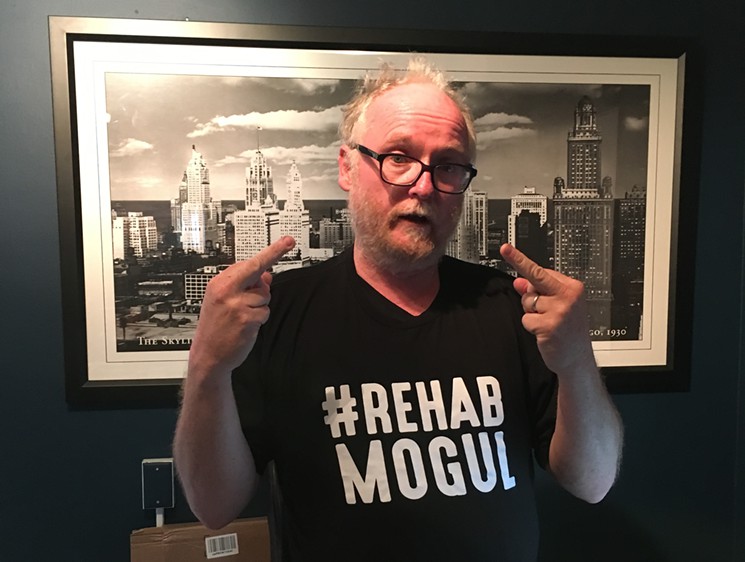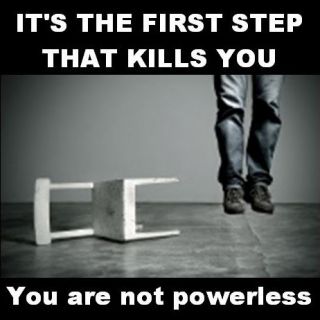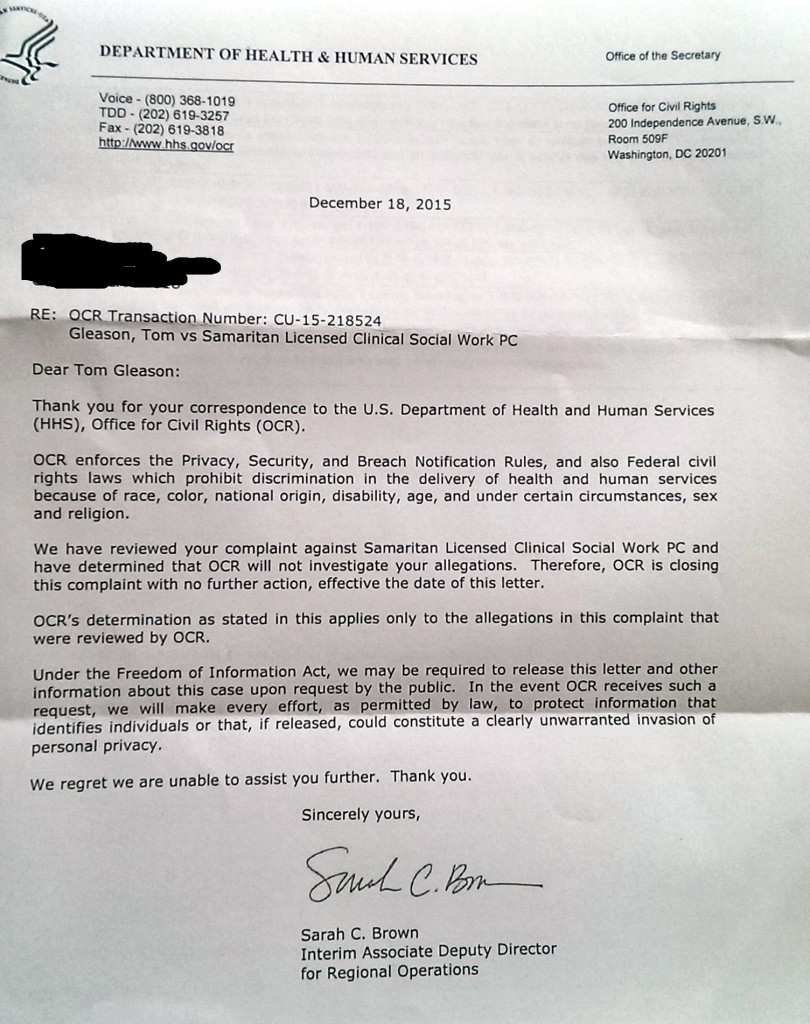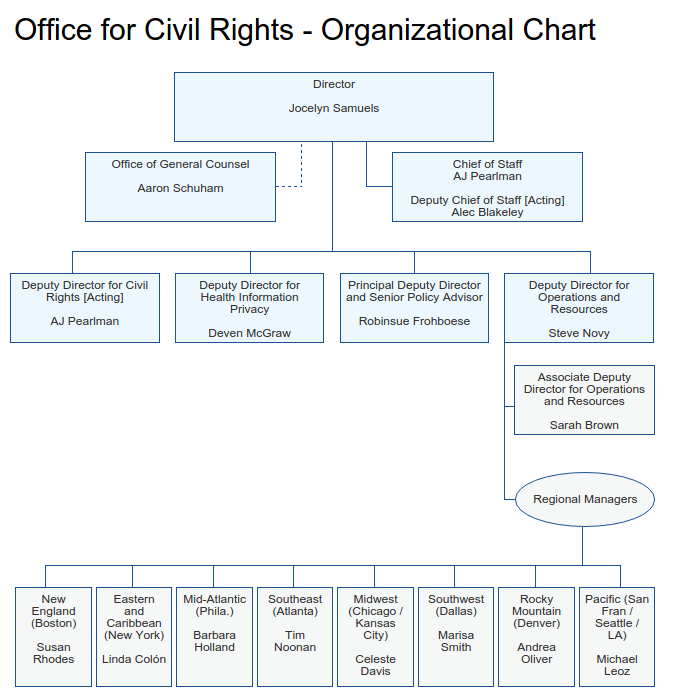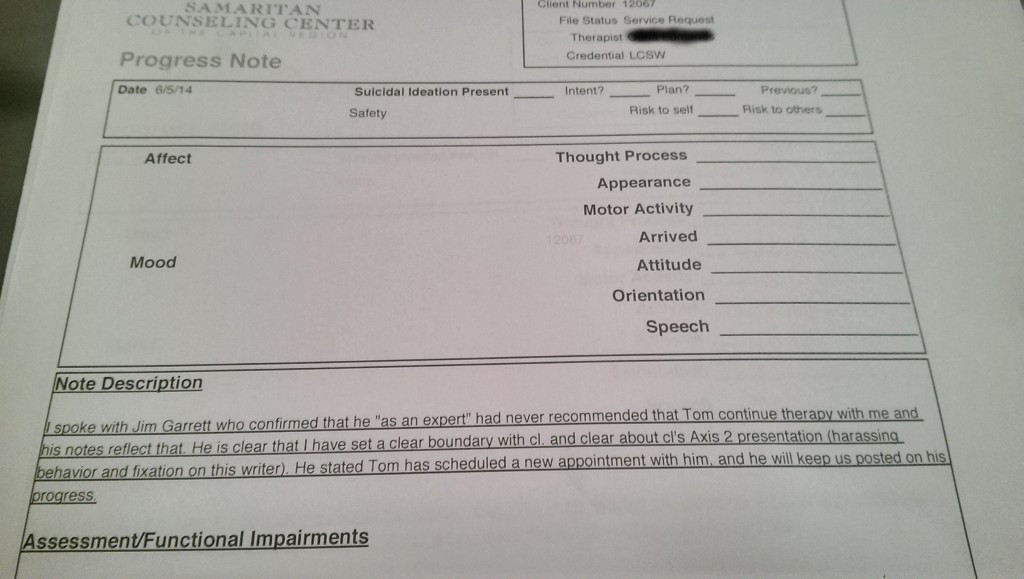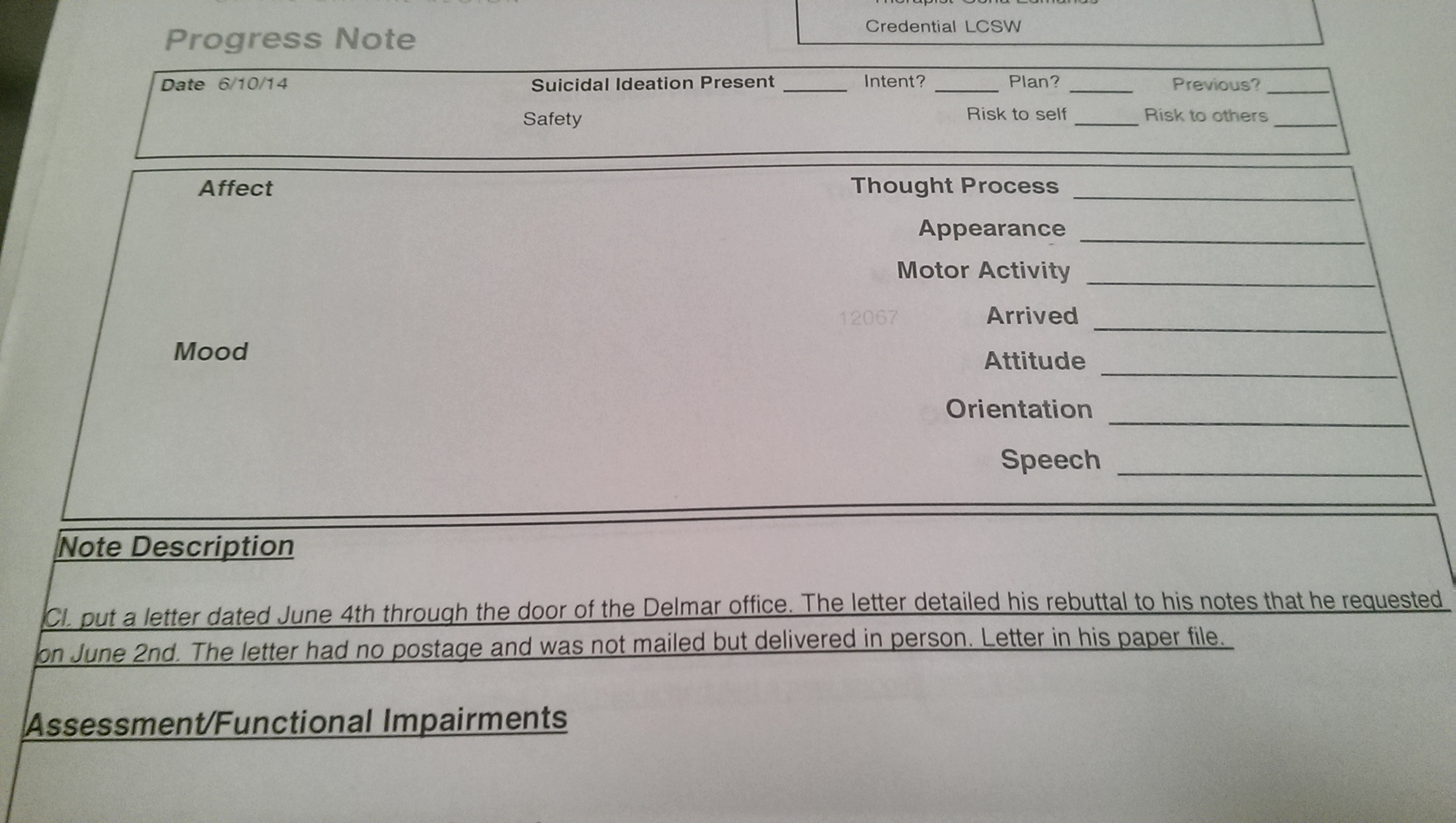If you read this article and listen to this interview carefully, you will see that it is the ‘Addiction Treatment Specialists’ who are largely fighting against licensing. Of course they would. Because they will not be able to resolve the contradictions between how they operate now and how they would have to operate with ethical standards in place.
“I wouldn’t go so far as to call them quacks…but…There are any number of providers who may have as little as a high school education… ”
“Department of Corrections and Community Supervision, for instance, said that nearly 300 positions in its Alcohol and Substance Abuse Treatment Services program would need to be licensed to meet the requirement.” OASAS is also exempt.
I commented on the article:
The article mentioned OASAS as being exempt and the Department of Corrections Drug and Alcohol agency being two of the resistant parties. So I wonder if that has to do with:
1. Thinking 12-step membership qualifies you to be a counselor and you don’t need to follow rules.
2. Knowing that working ‘by the rules’ would conflict with a lot of how drug and alcohol treatment is currently done.
I’m all for Ron Bunce and Karin Carreau (who’s blocked me on Twitter, as if anybody even cares that I have an informed opinion)’s push for licensing, because that could certainly improve those sectors of social work that have been most controversial and horrifyingly unaccountable. But I do have another concern.
On my website notpowerless.com I document my attempts to complain to the licensing board (NYS Department of Education, as well as the Department of Health and Human Services) who both responded that there was nothing wrong with some very blatant and unrepentant NASW ethics violations involving 12-step coercion. My question would be: What is licensing really going to accomplish if the licensing board does not acknowledge NASW ethics violations?
Also, violations are even written into DoE law (as here: 12-Step Extortion with NYS License as Leverage Much like Ron Bunce said in his example that an untrained person could provide psychotherapy to HIM, but not vice versa, here a committee with ‘expertise in problems of drug and alcohol abuse’ can hold someone’s license hostage and force them to complete ‘the program’ or kick them out of their job. That’s scary stuff that will need to be addressed.)
There is a follow-up with the 12-steppers’ side of the argument. He basically takes takes the attitude of denying there is a problem with the status quo, saying “we have a solution that doesn’t have a problem”.
What does she mean when she says 2002 was the first time we tried to regulate the spoken word as treatment? Could it be referring to THIS (Local Services Bulletin No. 2002-05: Impact of Recent Federal Court Decision Concerning Alcoholics Anonymous
On Government Funded Providers)? Update:2020 Now this page does not mention that this was from 2002.

